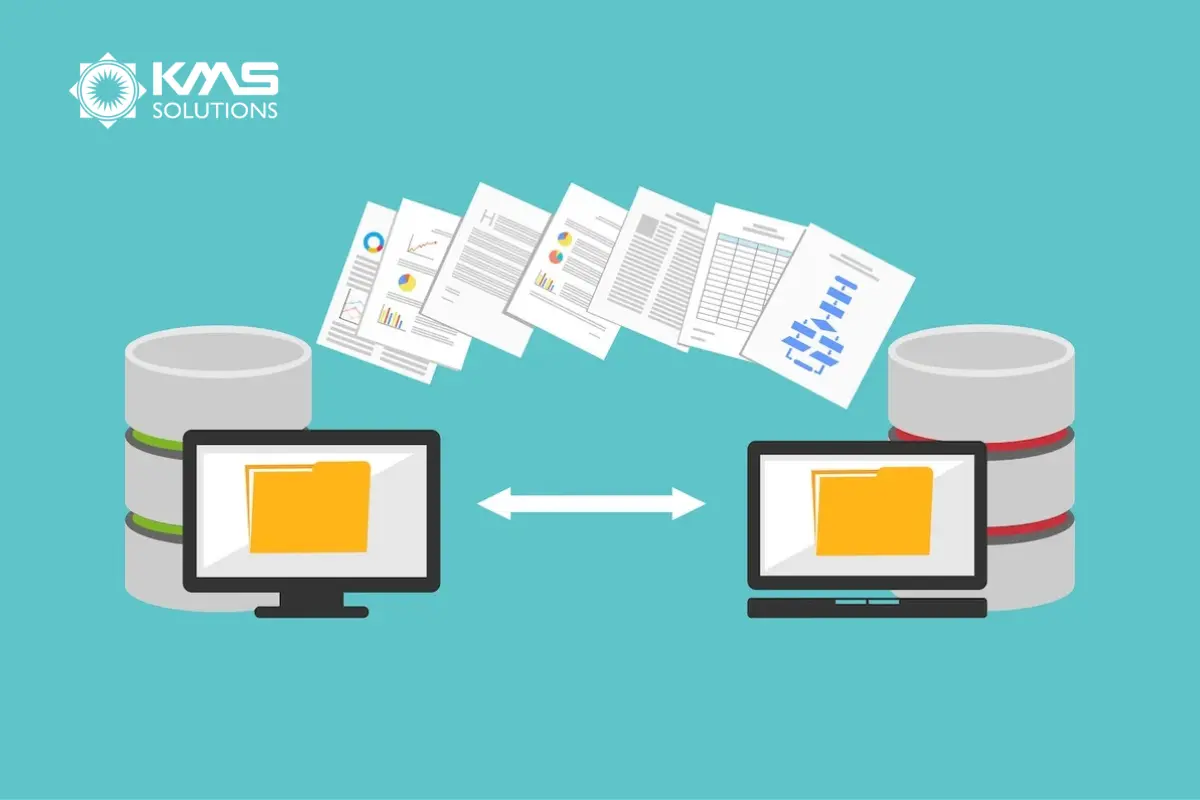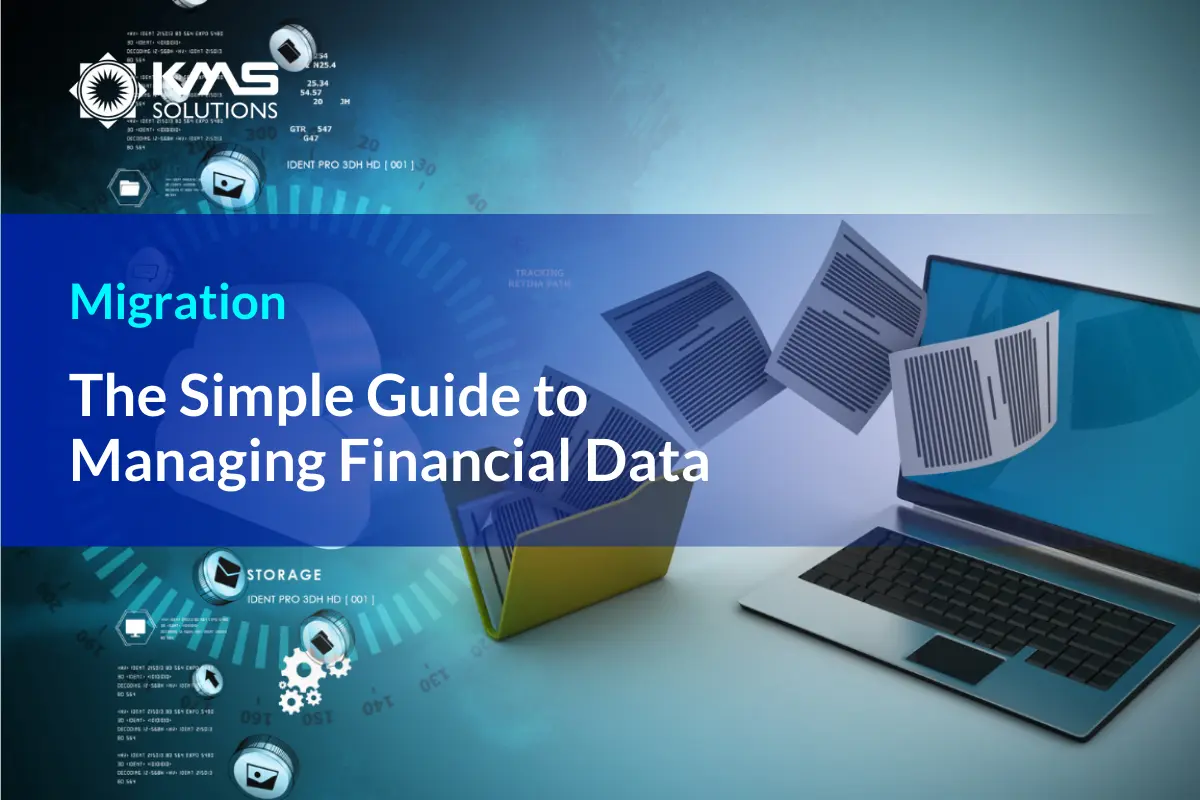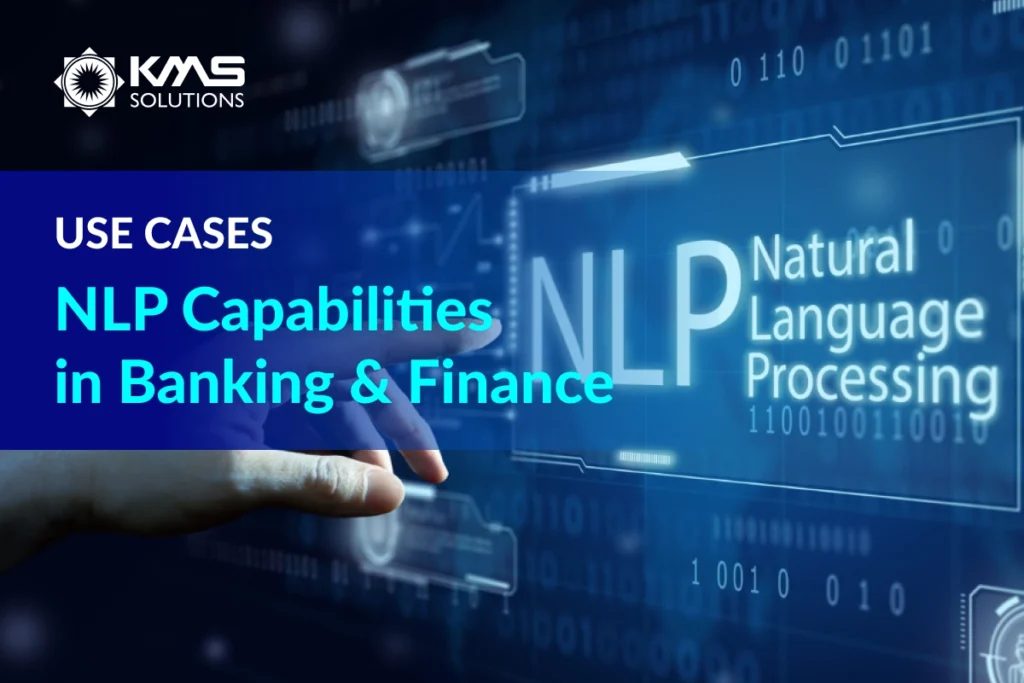In an era of rapid digital transformation, financial data migration is a critical step for organizations seeking to modernize systems, enhance efficiency, and stay compliant with evolving regulations. Moving sensitive financial data from outdated systems to more advanced platforms demands precision, planning, and a clear strategy to ensure seamless execution.
What Is Financial Data Migration?
Financial data migration involves transferring monetary records, customer details, and transaction data from one system to another. This process often occurs during software upgrades, system integrations, or shifts to cloud-based platforms. A successful migration ensures the new system is functional, data integrity is preserved, and operations continue without disruption.
Key Challenges in Financial Data Migration
Data Complexity
Financial data often resides in multiple formats and systems, requiring careful mapping and transformation to ensure compatibility with the new platform.
Data Quality Issues
Errors like duplicates, missing fields, and outdated records complicate migration. Cleaning and standardizing data is essential to avoid carrying issues into the new system.
Security Risks
Sensitive financial data must be protected from breaches during the migration process. Employing robust encryption and access controls is crucial.
Operational Disruption
Migration can lead to downtime or performance issues, impacting customer experience and internal operations.
Compliance with Regulations
Regulations such as GDPR, PCI DSS, and SOX mandate strict data handling practices. Failure to comply can result in penalties.

Steps for a Successful Financial Data Migration
Assess and Plan
Begin with a comprehensive assessment of your existing data and systems. Create a detailed migration plan that includes timelines, resources, and risk mitigation strategies.
Clean and Standardize Data
Before migration, clean your data to remove inaccuracies, duplicates, and irrelevant information. Standardizing formats ensures consistency across systems.
Choose the Right Migration Method
- Big Bang Migration: All data is moved in a single event. This approach is faster but riskier.
- Phased Migration: Data is migrated in stages, minimizing risk and allowing thorough testing.
- Hybrid Approach: Combines elements of both for greater flexibility.
Implement Robust Security Measures
Use encryption, secure connections, and access controls to protect sensitive data throughout the process.
Test Extensively
Conduct rigorous testing before, during, and after the migration to validate data integrity, system performance, and functionality.
Train Your Team
Ensure employees are trained to use the new system effectively. Provide documentation and support for a smoother transition.
Monitor and Optimize Post-Migration
After completing the migration, monitor system performance and address any issues promptly. Regular audits ensure data integrity over time.

Best Practices for Financial Data Migration
Engage Stakeholders Early
Involve IT teams, compliance officers, and business units from the outset to align objectives and expectations.
Leverage Automation
Automation tools can streamline data mapping, transformation, and validation processes, reducing errors and saving time.
Document Everything
Maintain detailed records of the migration process, including decisions, configurations, and testing results.
Partner with Experts
Working with experienced professionals can reduce risks and ensure adherence to best practices.
The Role of KMS Solutions in Financial Data Migration
KMS Solutions is a trusted partner for organizations navigating the complexities of financial data migration. With years of expertise and innovative technology solutions, KMS ensures seamless transitions while prioritizing data integrity, security, and compliance.
Why Choose KMS Solutions?
- Tailored Migration Strategies: KMS creates customized migration plans based on your organization’s unique needs, minimizing risks and maximizing efficiency.
- End-to-End Support: From initial assessment to post-migration monitoring, KMS provides comprehensive support every step of the way.
- Compliance Assurance: KMS ensures all migrations adhere to industry regulations, safeguarding your organization against compliance risks.
- Proven Track Record: With a history of successful financial data migrations, KMS combines technical expertise with industry insights to deliver exceptional results.

Conclusion
Financial data migration is a complex yet essential process for organizations aiming to modernize their systems and maintain a competitive edge. By adhering to best practices and engaging experienced partners like KMS Solutions, businesses can navigate the challenges of data migration effectively, ensuring data integrity, compliance, and operational continuity.
Embarking on a financial data migration journey requires expertise and precision. KMS Solutions offers tailored services to ensure a seamless transition, safeguarding your data and ensuring compliance every step of the way. Contact KMS Solutions today to learn how they can assist in your data migration projects.











